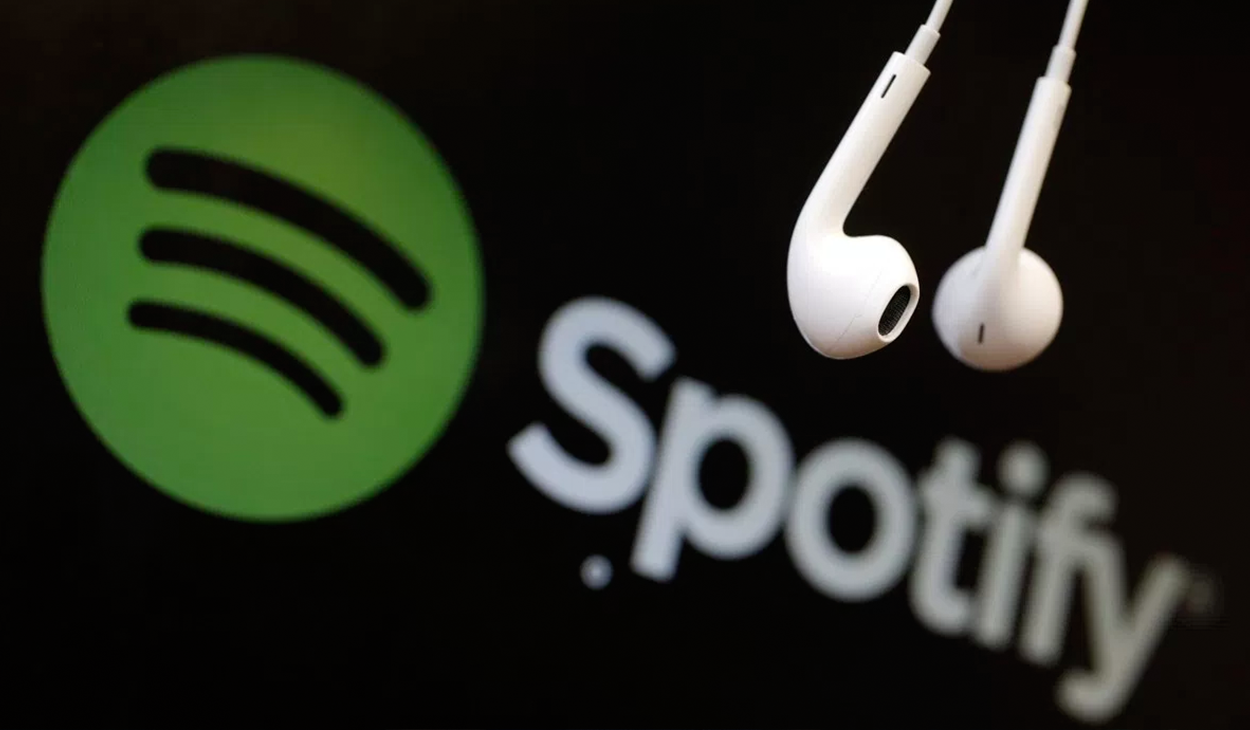Free music streaming to end within next three years?

The recording music industry has tolerated free music streaming on the grounds that it helped streaming services build up their subscriber numbers to survive.
But it now seems that it has got to the point where it’s thinking, enough is enough.
According to a report in Digital Music News, there is a push to end free music streaming in two to three years.
It quoted separate sources at major music content groups that the three major labels have a roadmap to stop free access on both YouTube and Spotify.
This idea has been intensifying in the last 12 months.
Streaming services have long argued that they need free tiers to bring customers in, before they reach for their credit cards and pay for the music.
Sure, the record companies and artists responded, but sooner or later you’re going to have enough payers not to keep the freemiums keep the “we’re open” sign on.
The question is, when does this cut-off begin?
In February 2016, Sony Entertainment CEO Michael Lynton told Re/Code:“I think [free access] stops probably when you get over a — I don’t want to say the number, but… many, many-fold bigger than what we have in the current paying subscription world.”
A few months later, Pandora’s founder and then-CEO Tim Westergren was also wondering where the middle ground should be.
That is, when there was enough free music to encourage subscribers but not enough to stop them paying altogether.
“We’re heading into a period of reckoning, where the industry is going to make some decisions about what really makes sense,” he said. “It can’t go on as it is.”
At the time of both comments, Spotify had 25 million paying subscribers. It is now 60 million.
Apple Music’s latest figures are 27 million, and Deezer has 3 million.
The major labels, according to DMN’s sources, will start refusing music licences if streaming platforms don’t reconsider.
It worked recently with Spotify when it agreed in April to feature major new releases on its paid tier only for two weeks.
But it took the majors, specifically Universal Music, two years of negotiating to get to that point.
Spotify also promised to actively increase its subscriber numbers if Universal reduced its royalty rates slightly. It is believed that Sony Music and Warner Music also agreed to this in later deals.
At the time, Universal Music Chairman and CEO Lucian Grainge commented, “In a market this dynamic, one evolving more rapidly than ever before, success requires creative and continual re-evaluation of how best to bring artists’ music to fans.
Read between the lines, and you could sense that he was echoing the other major labels thinking – that is, we’ve subsidised Spotify’s growth long enough.
But in the meantime, while record companies are getting sterner with streaming services, YouTube still remains its nemesis.
It’s still paying the lowest royalty rate, compared to the streaming services.
Last week, YouTube’s Global Head Of Music Lyor Cohen stirred up the acrimony.
He suggested that the music industry’s criticism of safe harbour laws were just “a distraction” and that YouTube’s per-play payouts to music rights-holders were bigger than rival services when only ad-supported US streams were taken into consideration.
He insisted that YouTube pays $3 per 1000 streams.
In a sharp rebuke, the RIAA responded that Apple Music paid the highest, at “slightly over” $12 per 1000, Spotify “about” $7.50, and YouTube “around” $1.50.
Industry veteran Irving Azoff was succinct: “I don’t understand why YouTube in general, and Lyor in particular, aren’t being more transparent. Who do they think they’re bullshitting?”

































